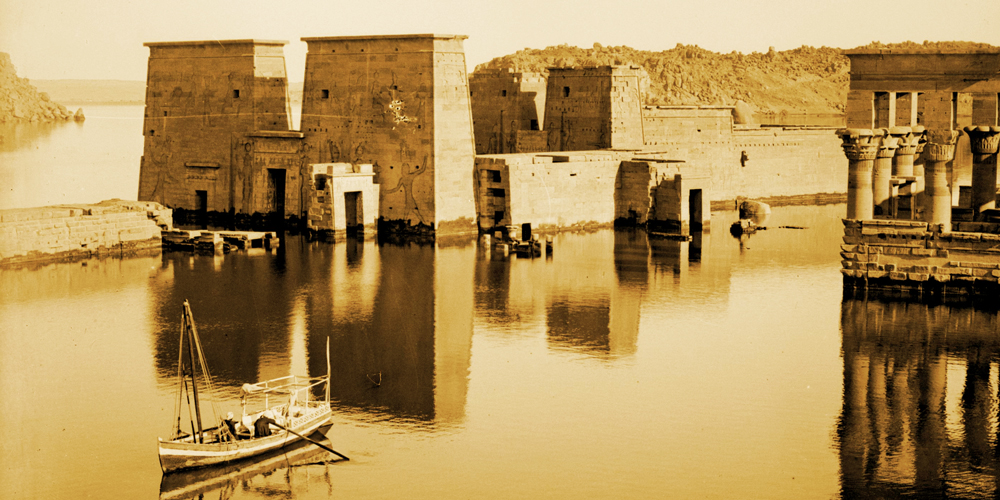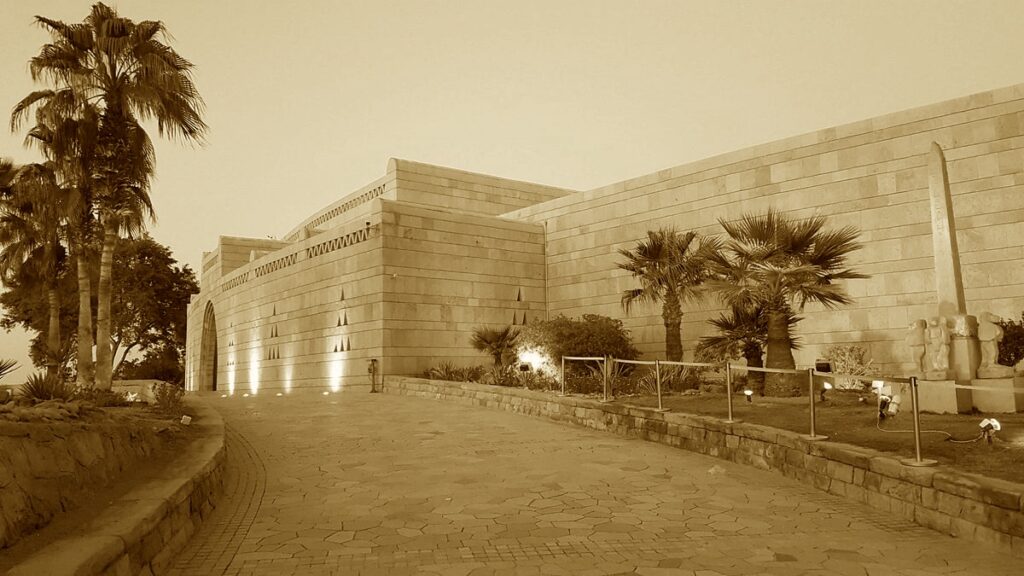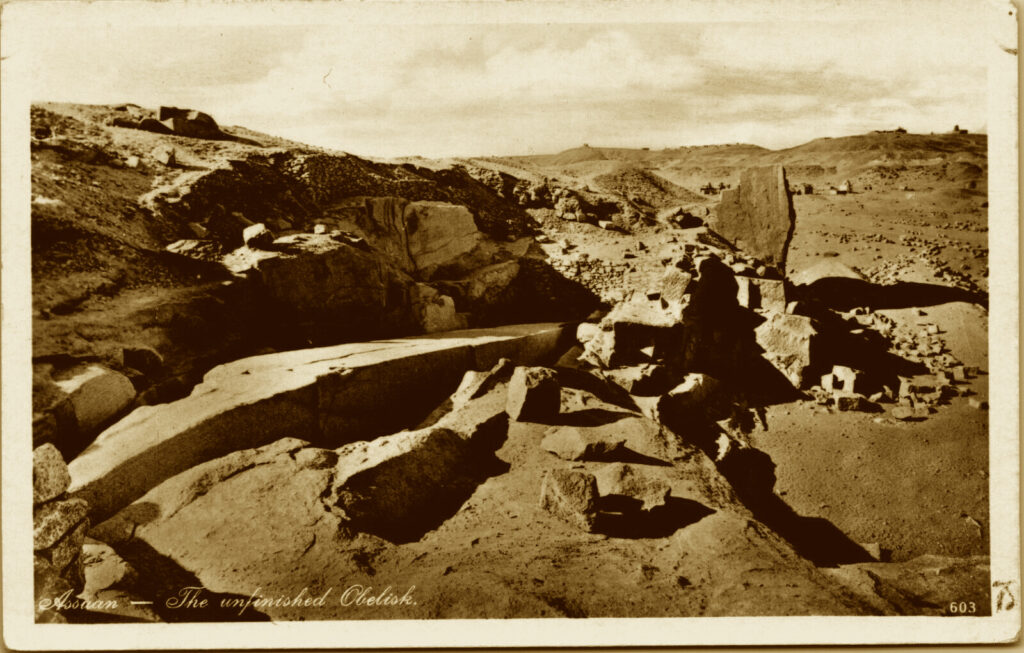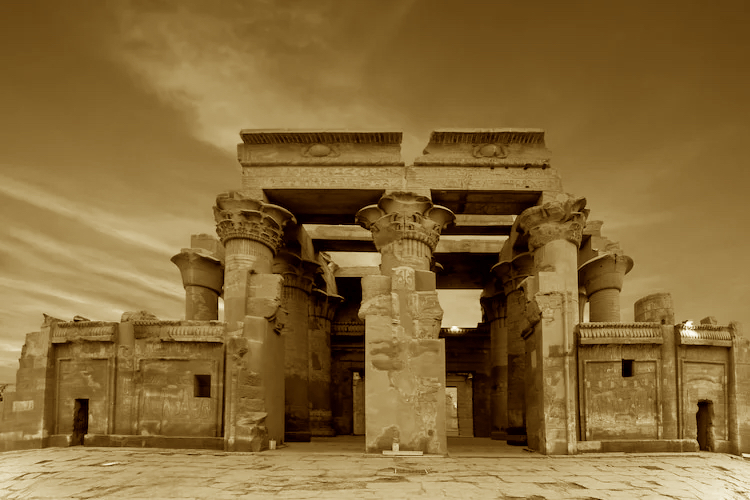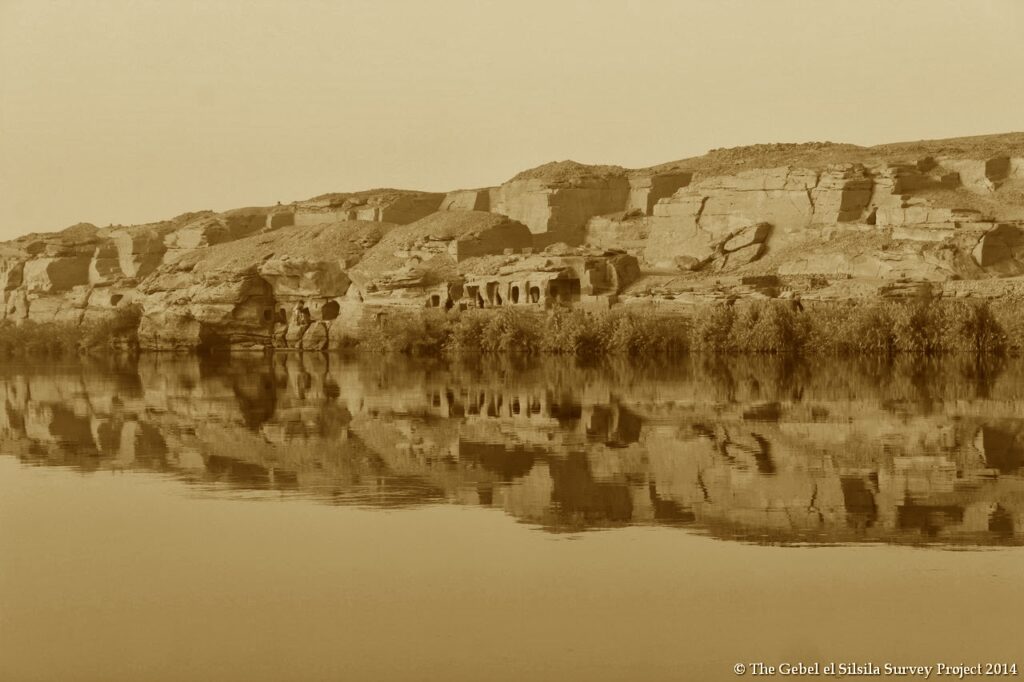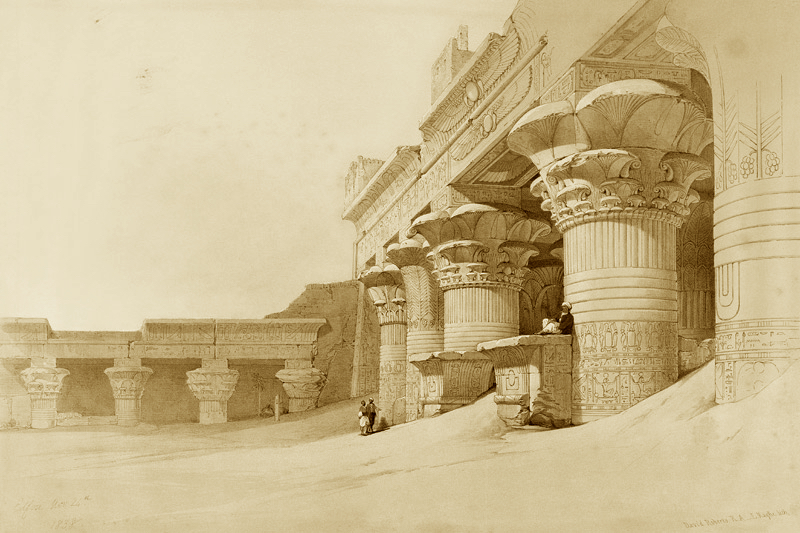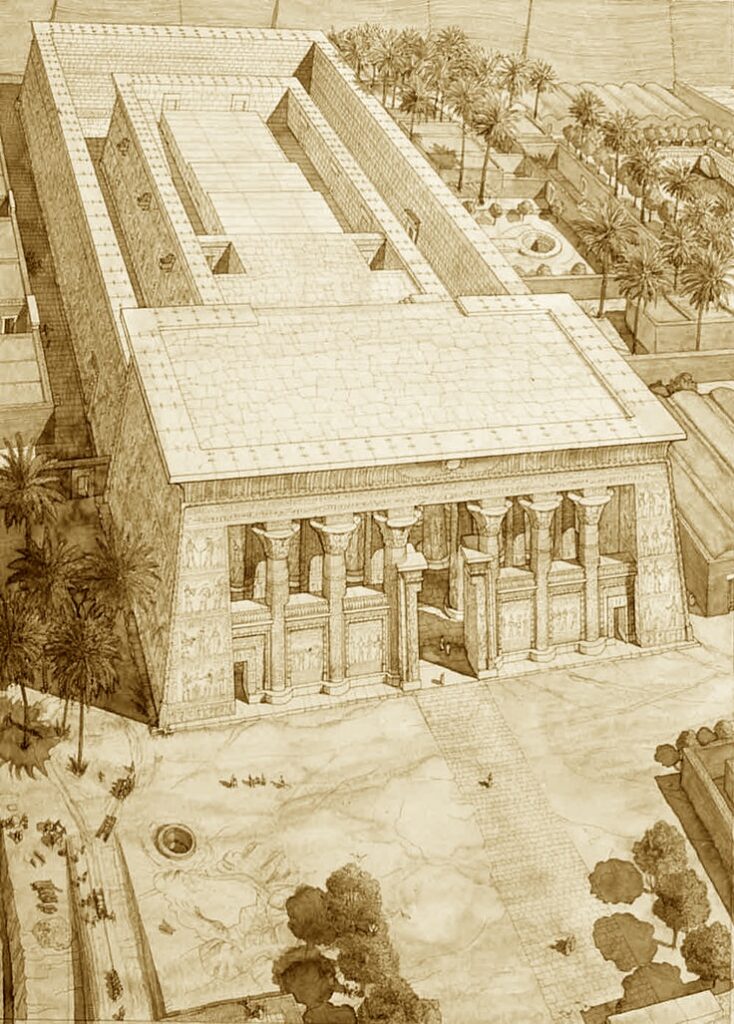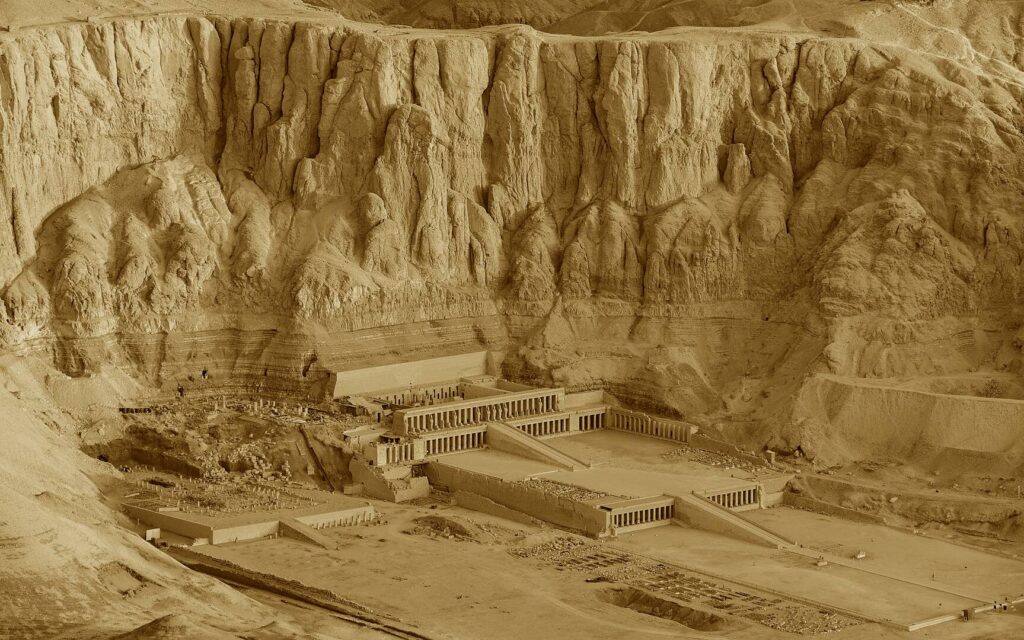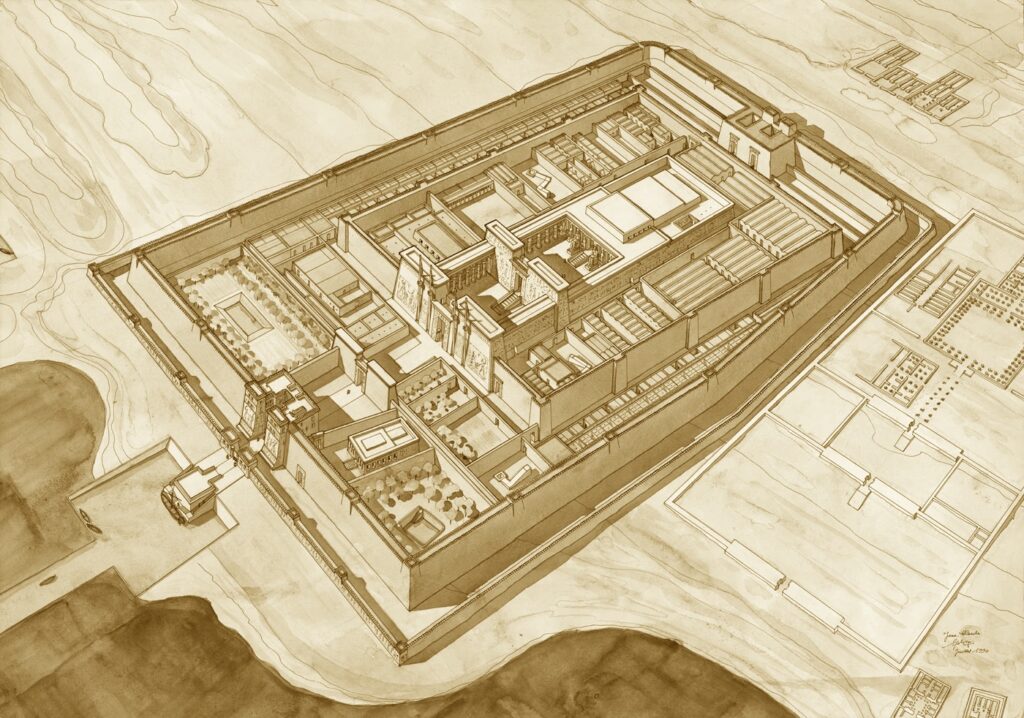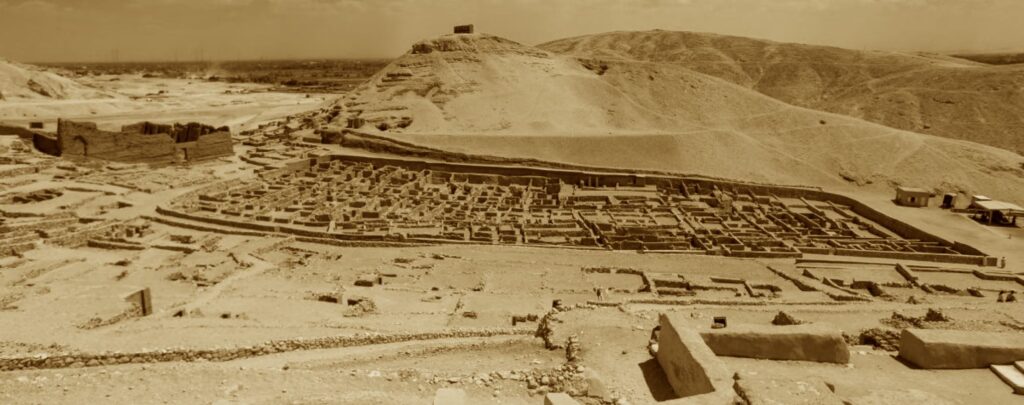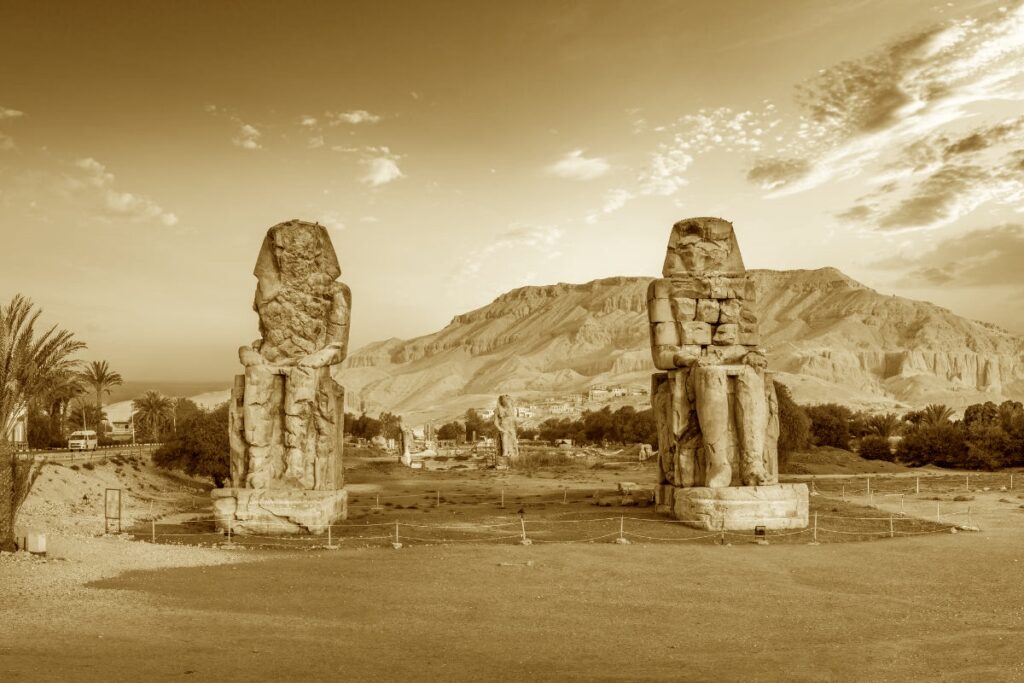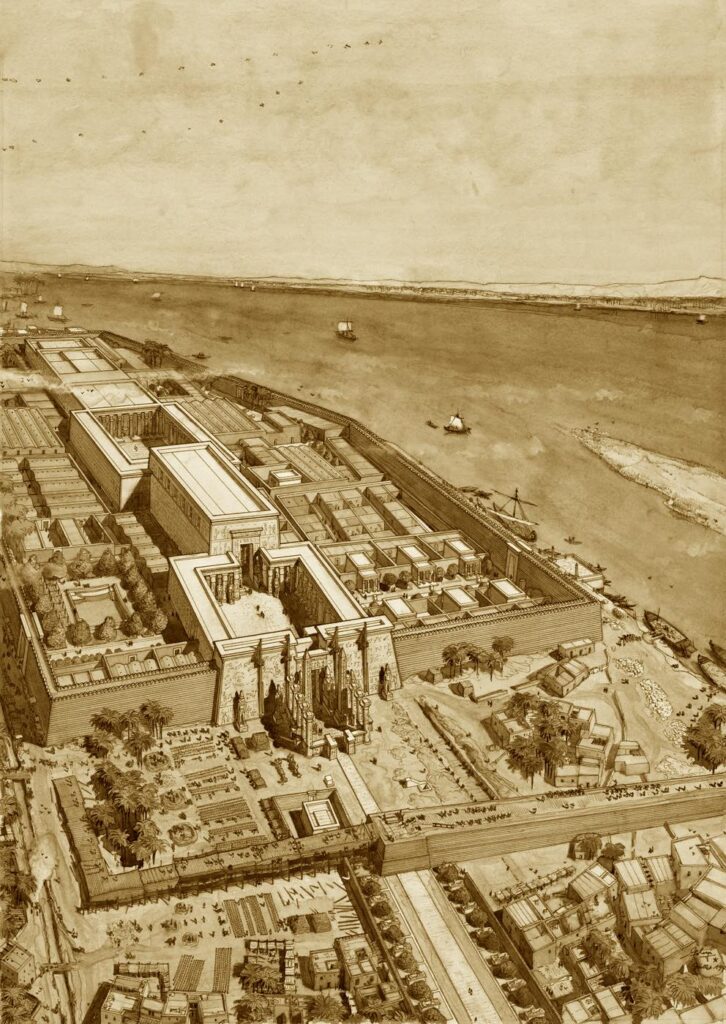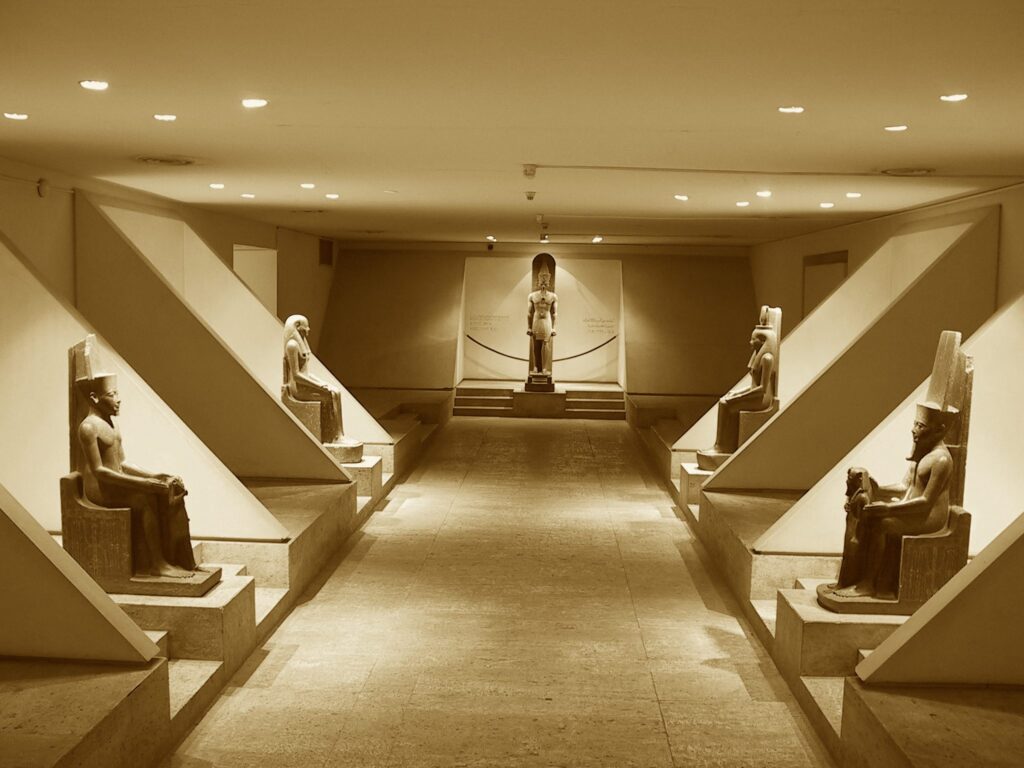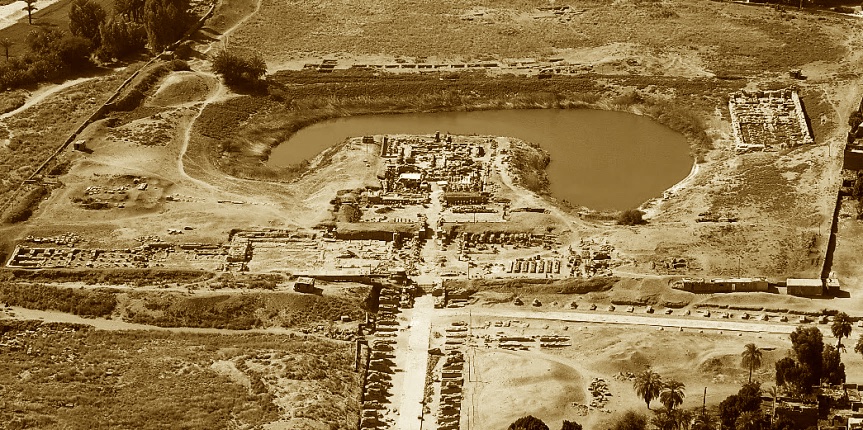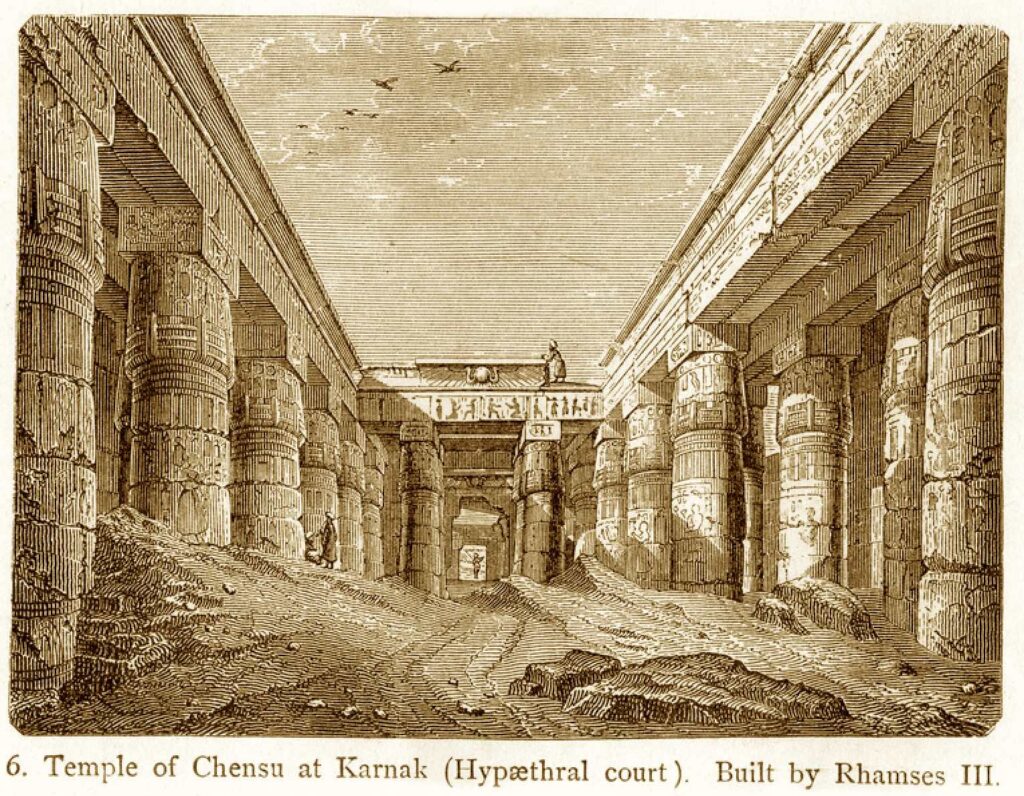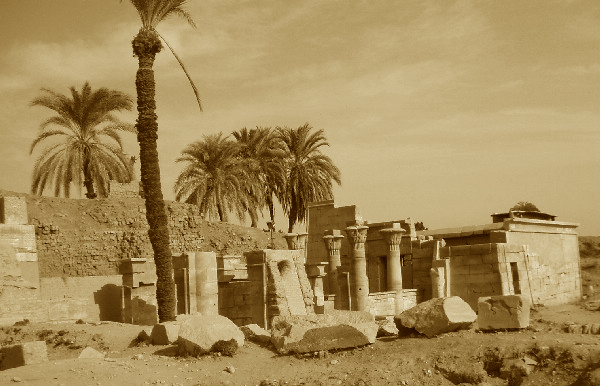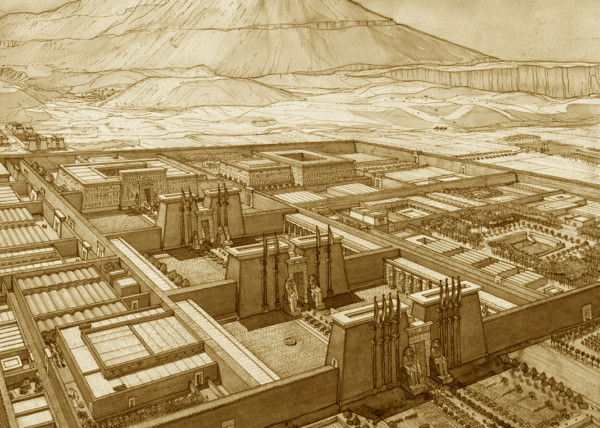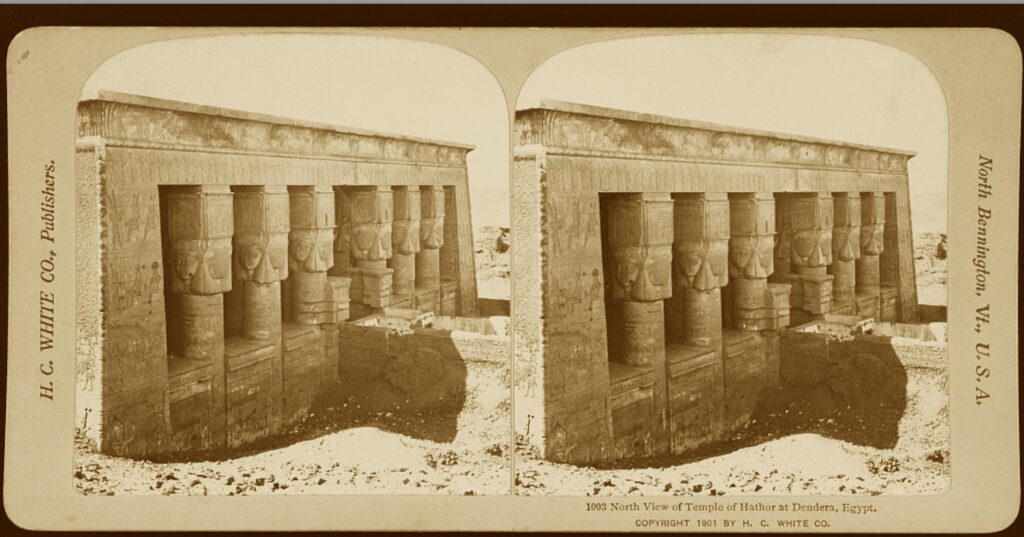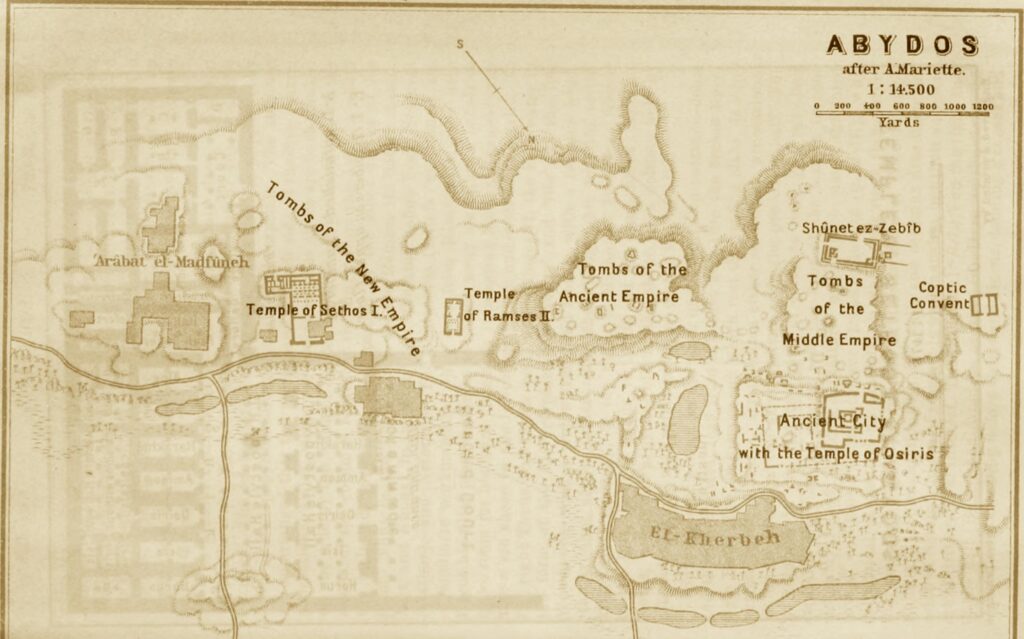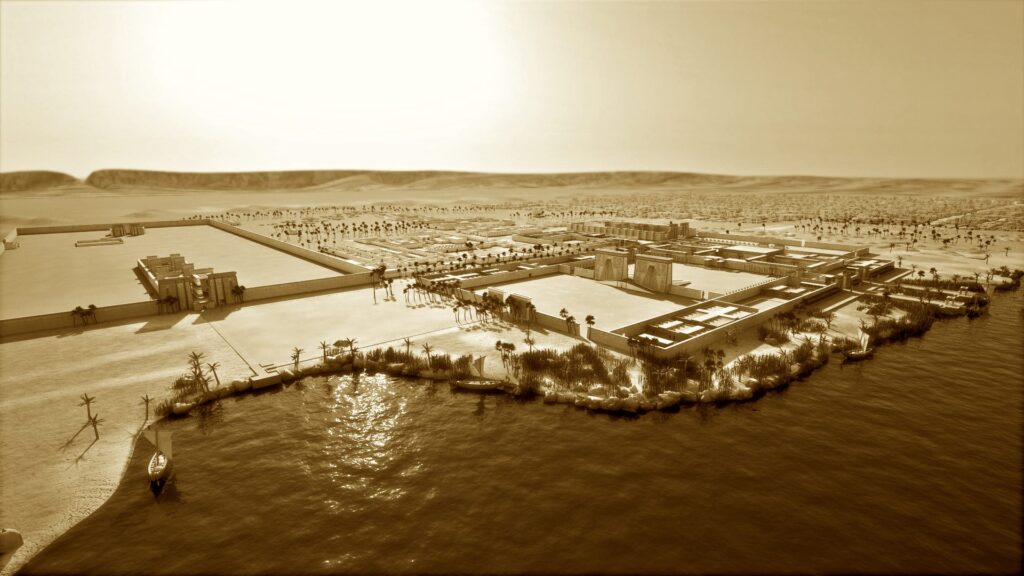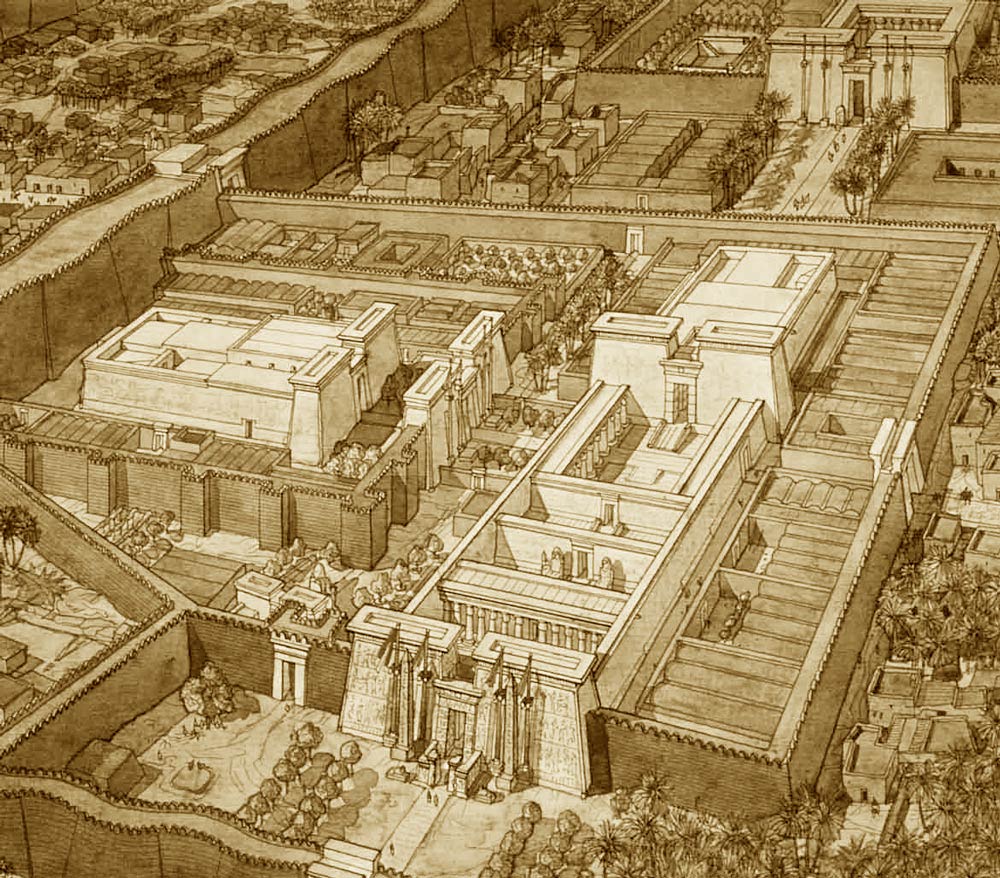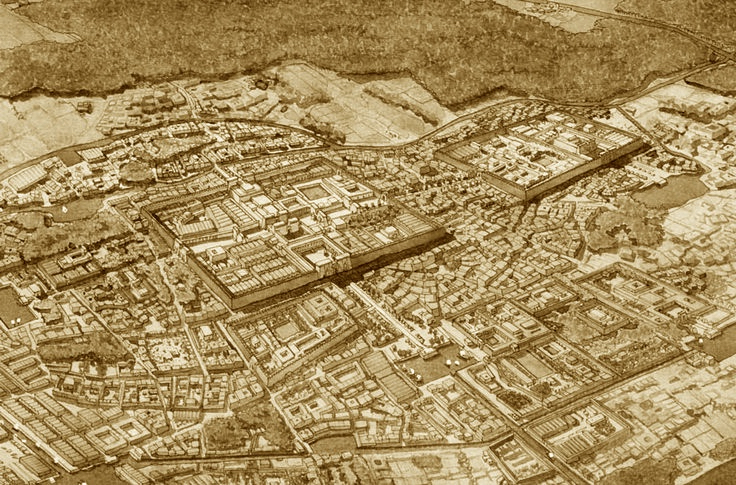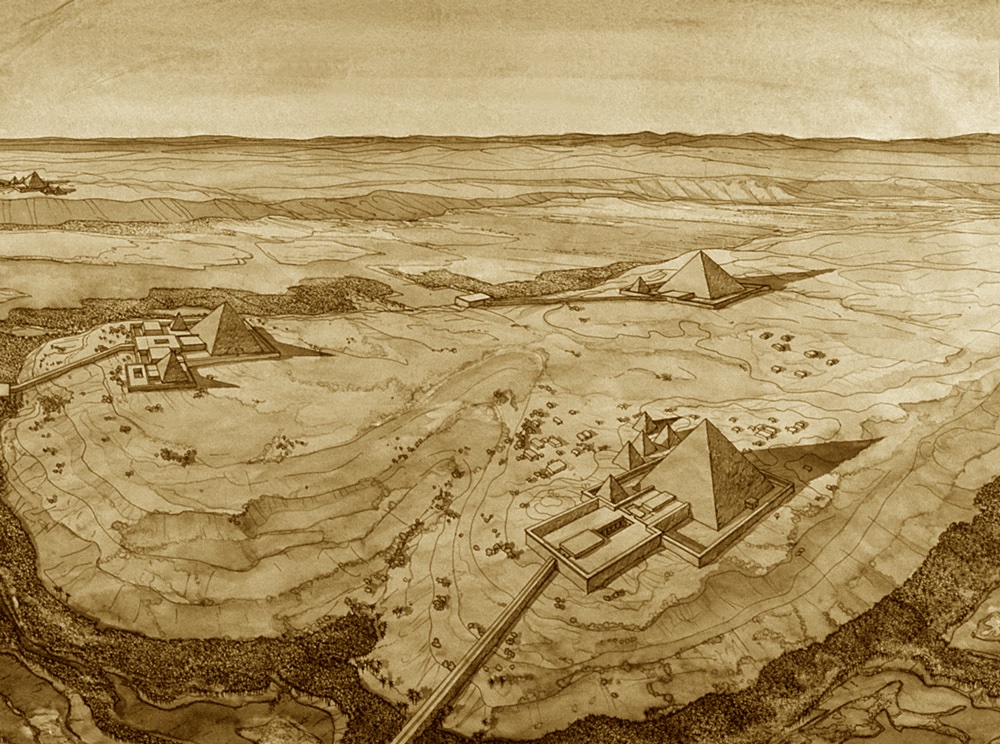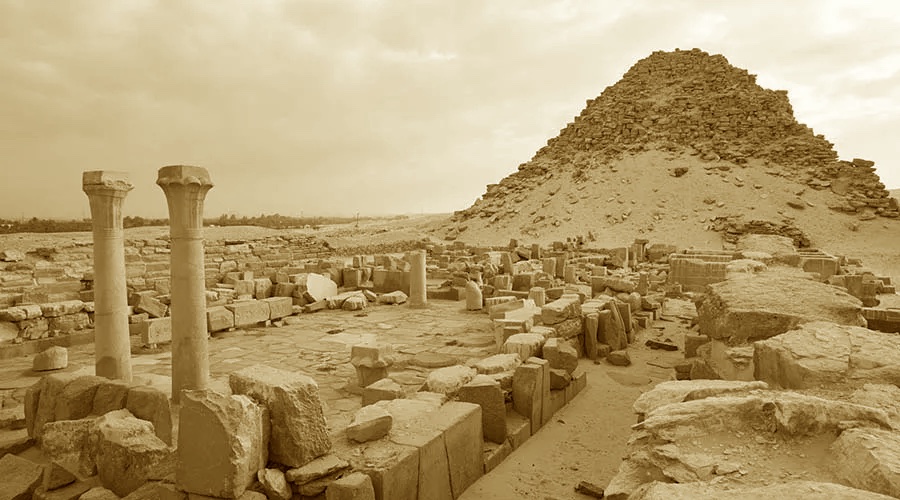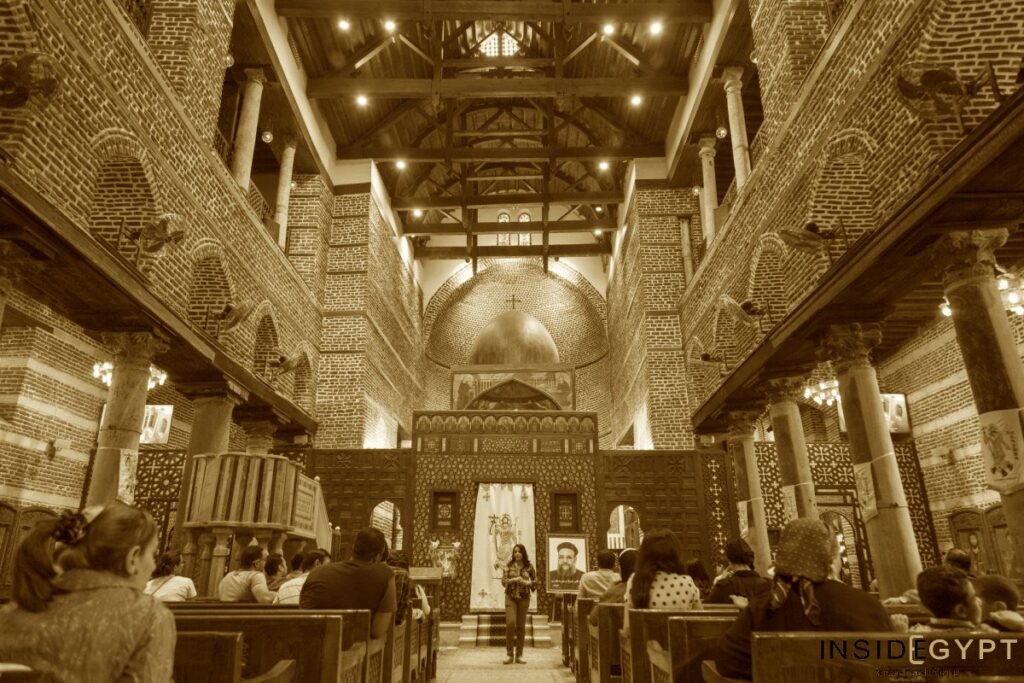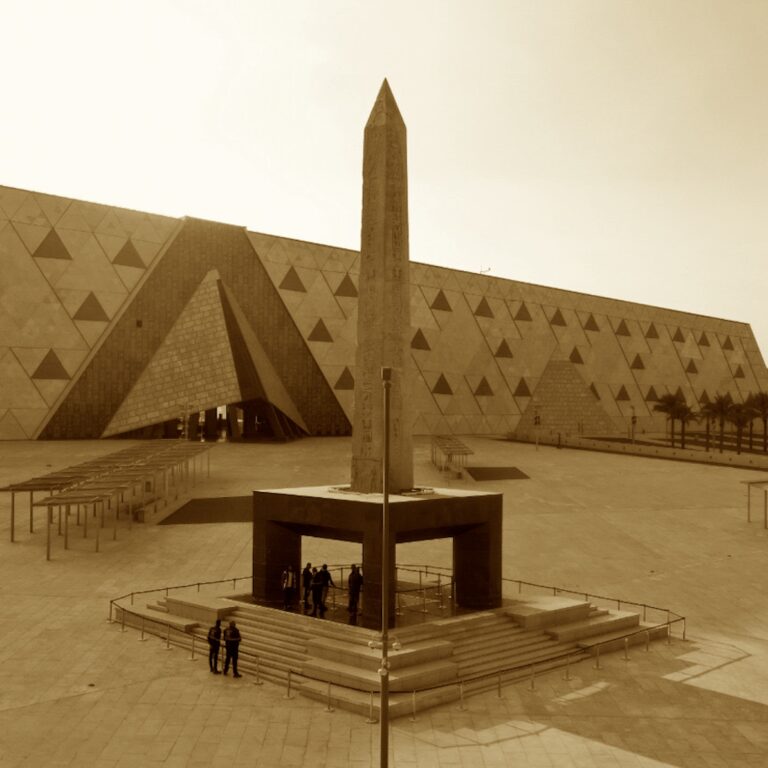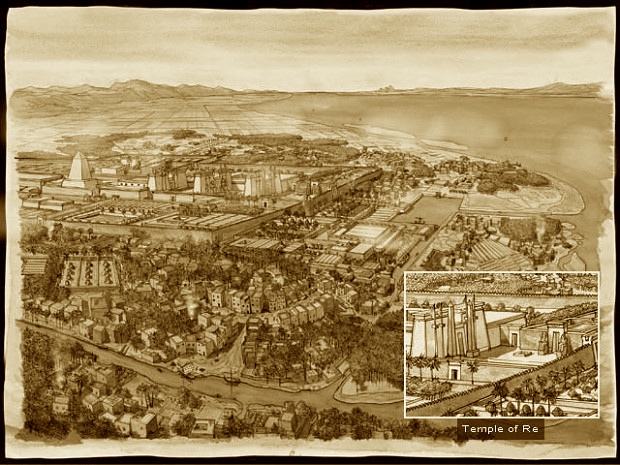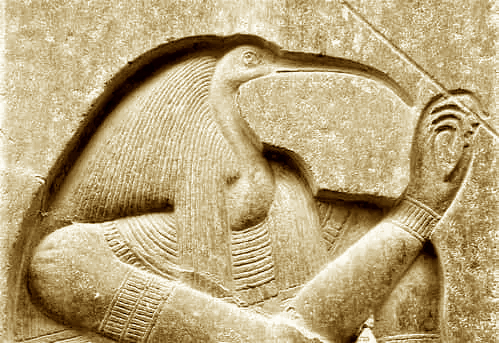Thutmose III
Thutmose III (also known as Tuthmosis III, r. 1458-1425 BCE) was the 6th king of Egypt’s 18th Dynasty, one of the greatest military leaders in antiquity, and among the most effective and impressive monarchs in Egypt’s history. His throne name, Thutmose, means ‘Thoth is Born’, while his birth name, Menkhperre, means ‘Eternal are the Manifestations of Ra’.
Both of these throne names reference important deities of ancient Egypt Thoth, the god of writing and wisdom, and Ra, the supreme god of the sun. Thutmose III was the son of Thutmose II and a lesser wife named Iset. Thutmose II (r. 1492-1479 BCE) was married to Queen Hatshepsut (r. 1479-1458 BCE), royal daughter of Thutmose I (r. 1520-1492 BCE) and a powerful woman who held the position of God’s Wife of Amun.
When Thutmose II died, Hatshepsut became regent of Egypt since Thutmose III was too young to rule. She was supposed to maintain this position but, instead, declared herself pharaoh and ruled independently. Thutmose III, when he came of age and proved himself able, was given command of the armed forces by his step-mother; a choice she would not regret as he proved himself an exceptional military strategist and charismatic leader. He is often referred to in the present day as ‘the Napoleon of Egypt’, but unlike Napoleon, Thutmose III never lost a single engagement, expanded and maintained his empire, and was worshiped by his people for centuries after his death.
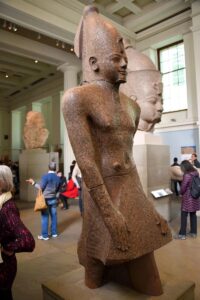
Thutmose III was born c. 1481 BCE and was only three years old when his father died and Hatshepsut was made regent and then reigning monarch. He grew up at the royal court of Thebes, capital of Egypt throughout most of the period of the New Kingdom (c. 1570 – c. 1069 BCE). Although there is little documentation of his life during this time, a great emphasis was placed on the physical and intellectual development of princes during the New Kingdom of Egypt as they were expected to one day rule over an expanding empire.
Thutmose III, therefore, would have spent a great deal of time in school, at athletics, and learning about military tactics and strategies. He probably went along on the early campaigns Hatshepsut commissioned as this was a common practice among New Kingdom pharaohs to acquaint their successors with warfare at an early age. During this time, Thutmose III developed skills in archery, horsemanship, hand-to-hand combat, and athletic ability. There is no doubt that military training was his priority but his education went far beyond battle tactics and the use of weapons; his later reign makes clear he was a highly cultured and sophisticated man who was aware of the value of cultures beyond Egypt’s borders, recognized the importance of art and music, and had a great respect for human life.

